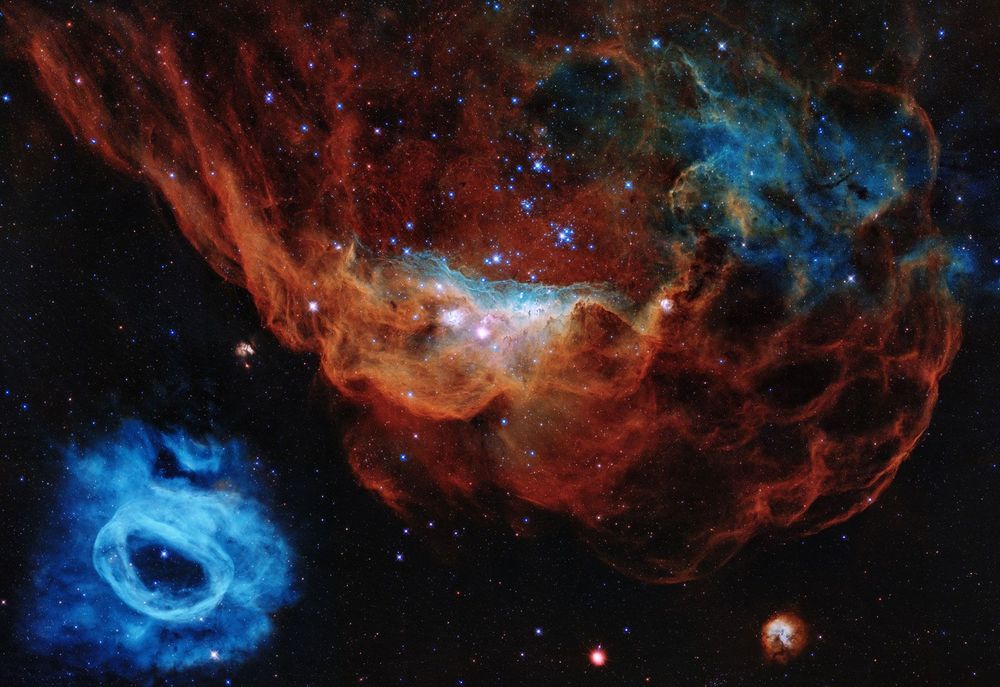The Hubble telescope is celebrating a milestone birthday this month, but, rather than celebrate alone, NASA and the European Space Agency (ESA) are making this celebration all about you.
On April 24, 1990, NASA launched the Hubble Space Telescope into orbit, where it has recorded some of the most stunning images of the planets and stars around us, inspiring us all to dream a little bigger.
“Hubble’s seemingly never-ending, breathtaking celestial snapshots provide a visual shorthand for its exemplary scientific achievements,” NASA and the ESA explained in a blog post about the telescope’s birthday. “Unlike any other telescope before it, Hubble has made astronomy relevant, engaging, and accessible for people of all ages. The mission has yielded to date 1.4 million observations and provided data that astronomers around the world have used to write more than 17,000 peer-reviewed scientific publications, making it one of the most prolific space observatories in history. Its rich data archive alone will fuel future astronomy research for generations to come.”









